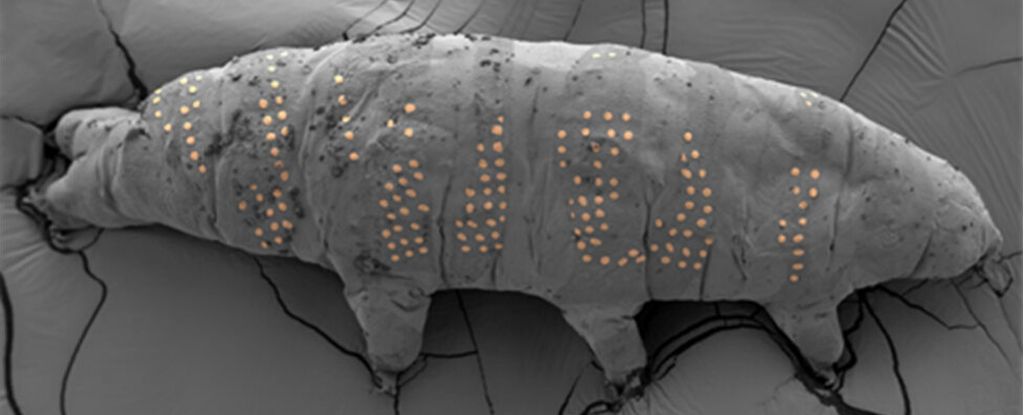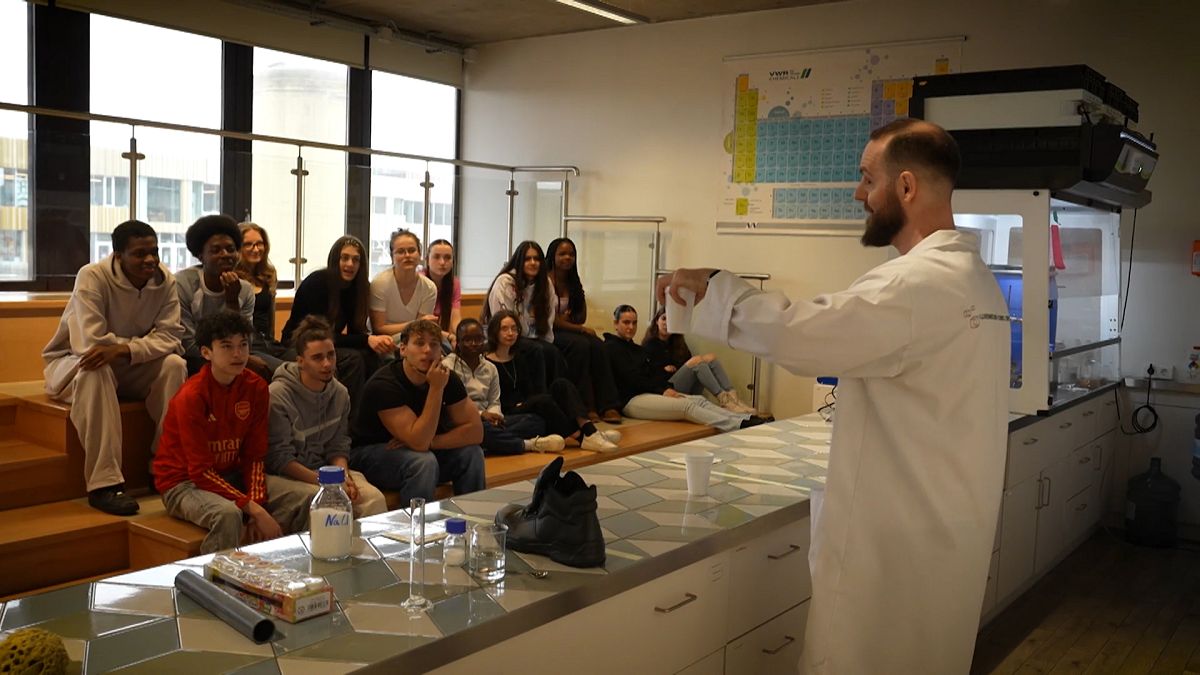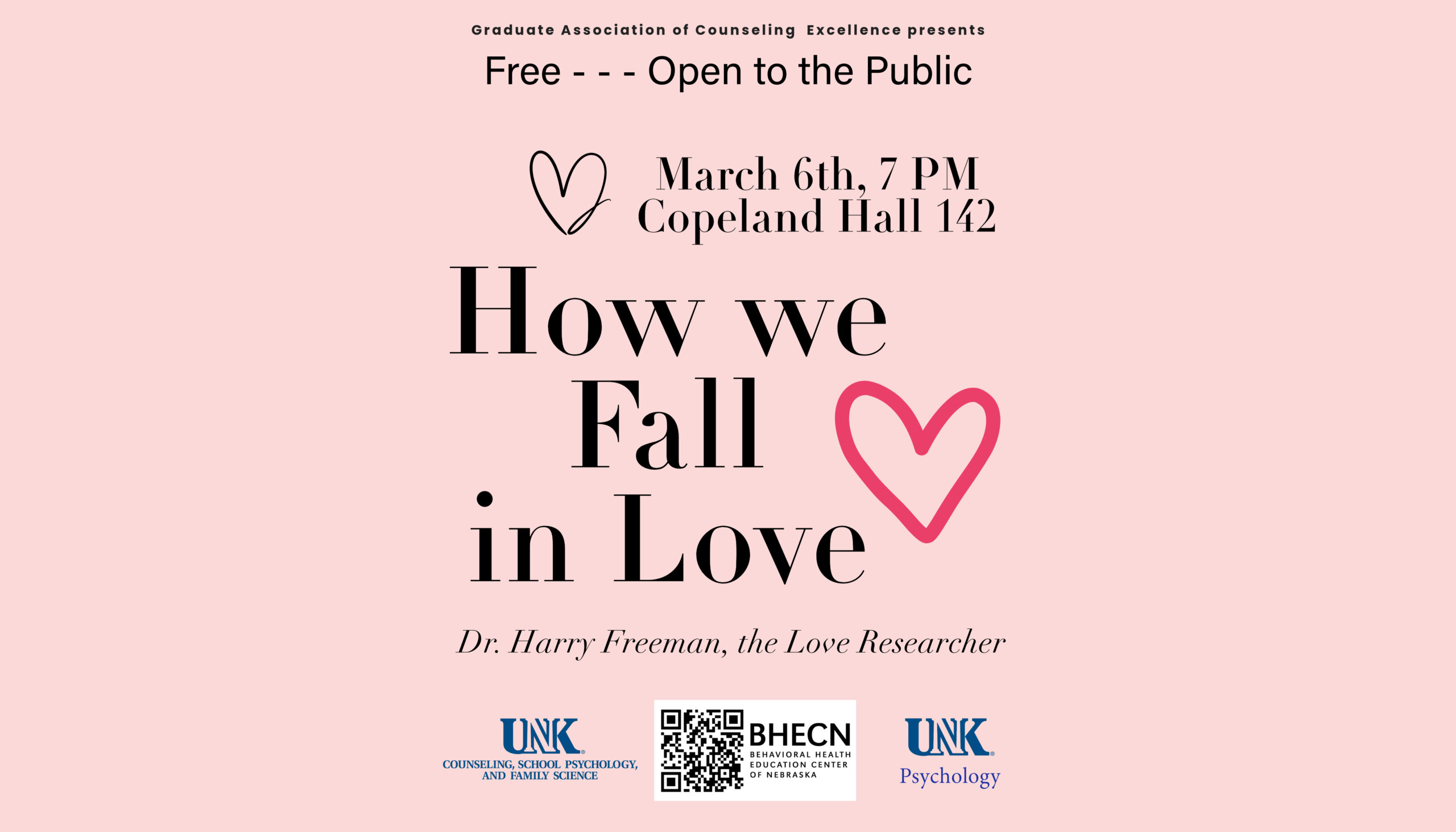Unraveling 'Gain of Function': The Scientific Controversy Behind the Research Ban
Science
2025-05-06 00:12:45Content
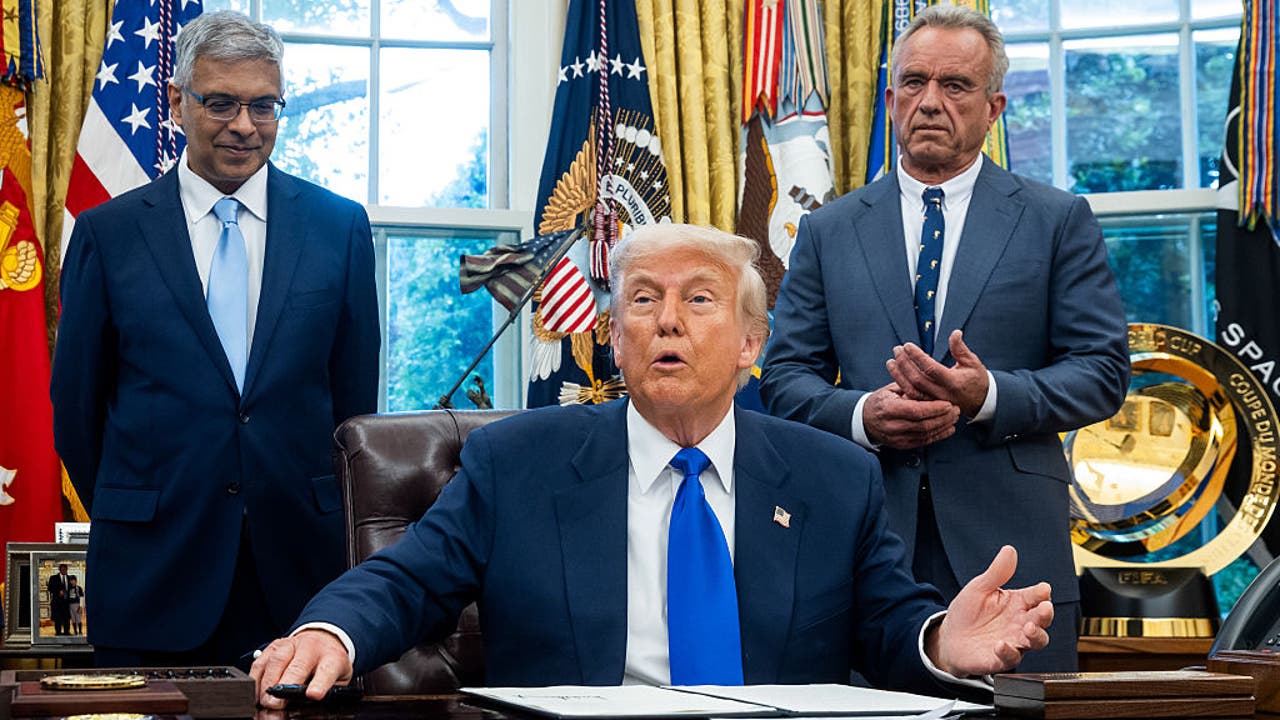
In a controversial move that has sparked intense debate within the scientific community, President Trump took a decisive step to halt federal funding for gain of function research, a type of scientific investigation that has long divided researchers and public health experts.
Gain of function research involves deliberately modifying viruses to understand how they might become more transmissible or dangerous. While proponents argue that these experiments are crucial for predicting and preparing for potential pandemic threats, critics warn that such studies could accidentally create more dangerous pathogens.
The executive order reflects growing concerns about the potential risks associated with manipulating viruses in laboratory settings. Scientists are deeply split on the issue, with some viewing these experiments as essential for understanding viral evolution and developing potential treatments, while others see them as an unnecessary and potentially catastrophic gamble.
Supporters of the research argue that gain of function studies have been instrumental in understanding how viruses like influenza and coronaviruses might mutate and spread. They believe these experiments provide critical insights that could help prevent future global health crises.
Opponents, however, contend that the risks far outweigh the potential benefits. They point to the possibility of accidental release or the unintentional creation of a more deadly pathogen that could pose an unprecedented threat to human health.
President Trump's executive order represents a significant moment in the ongoing debate, effectively putting a pause on federally funded research that many consider to be walking a fine line between scientific discovery and potential global risk.
Viral Research Crossroads: Unraveling the Controversial World of Gain of Function Experiments
In the intricate landscape of scientific research, few topics spark as much heated debate as gain of function experiments. These controversial studies, which involve modifying viruses to understand their potential evolution and transmission, sit at the intersection of groundbreaking scientific discovery and potential global risk. As policymakers and researchers grapple with the ethical and safety implications, the scientific community finds itself deeply divided over the merits and dangers of such research.Navigating the Razor's Edge of Scientific Innovation and Global Safety
The Controversial Nature of Viral Manipulation
Gain of function research represents a complex and nuanced field of scientific investigation that pushes the boundaries of our understanding of viral behavior. Scientists deliberately modify viruses to enhance their capabilities, ostensibly to predict potential pandemic scenarios and develop preemptive medical countermeasures. However, this approach is fraught with ethical dilemmas and potential catastrophic risks. The fundamental question remains: does the potential scientific knowledge outweigh the inherent dangers of creating more virulent or transmissible pathogens? Researchers argue that these experiments provide critical insights into viral mutation patterns, helping predict and prepare for potential future outbreaks. By artificially evolving viruses in controlled laboratory environments, scientists can model how pathogens might naturally develop increased transmissibility or virulence. This approach has been instrumental in understanding the potential evolution of influenza, coronaviruses, and other potentially dangerous viral strains.Regulatory Landscape and Presidential Intervention
The executive order signed by President Trump marked a significant moment in the ongoing debate surrounding gain of function research. This decisive action effectively halted federal funding for experiments deemed too risky, reflecting growing concerns about the potential for unintended consequences. The decision highlighted the delicate balance between scientific exploration and national security considerations. Government agencies and research institutions found themselves at a crossroads, forced to reevaluate ongoing and proposed research projects. The moratorium prompted intense discussions about the appropriate boundaries of scientific investigation and the potential global implications of viral manipulation research.Scientific Community's Divided Perspectives
Within the scientific community, opinions remain sharply divided. Proponents argue that gain of function research is essential for understanding viral evolution and developing potential vaccines and treatments. They contend that controlled laboratory studies provide invaluable insights that could save millions of lives during future pandemic scenarios. Conversely, critics raise significant concerns about the potential for accidental release or intentional misuse of engineered pathogens. The memory of laboratory accidents and the potential for weaponization looms large in these discussions. Some researchers argue that the risks far outweigh any potential benefits, advocating for alternative research methodologies that do not involve direct viral manipulation.Global Implications and Ethical Considerations
The debate extends far beyond laboratory walls, touching on fundamental questions of scientific responsibility and global health security. International scientific collaborations have been strained by differing approaches to gain of function research, with some countries maintaining more permissive policies while others adopt more restrictive stances. Ethical considerations play a crucial role in these discussions. The potential to prevent future pandemics must be carefully weighed against the risk of creating more dangerous pathogens. Researchers and policymakers must navigate a complex landscape of scientific curiosity, public safety, and potential global health threats.Future Directions and Research Strategies
As the scientific community continues to grapple with these challenges, alternative research strategies are emerging. Advanced computational modeling, enhanced surveillance techniques, and more targeted research approaches offer promising alternatives to traditional gain of function experiments. The ongoing dialogue represents a critical moment in scientific research, where the boundaries of knowledge are constantly being tested and redefined. The ultimate goal remains clear: to advance our understanding of viral behavior while maintaining the highest standards of safety and ethical responsibility.RELATED NEWS
Science

Tech Philanthropy Boosts Grinnell: $10 Million Fuels Computer Science Expansion
2025-02-17 20:32:55
Science
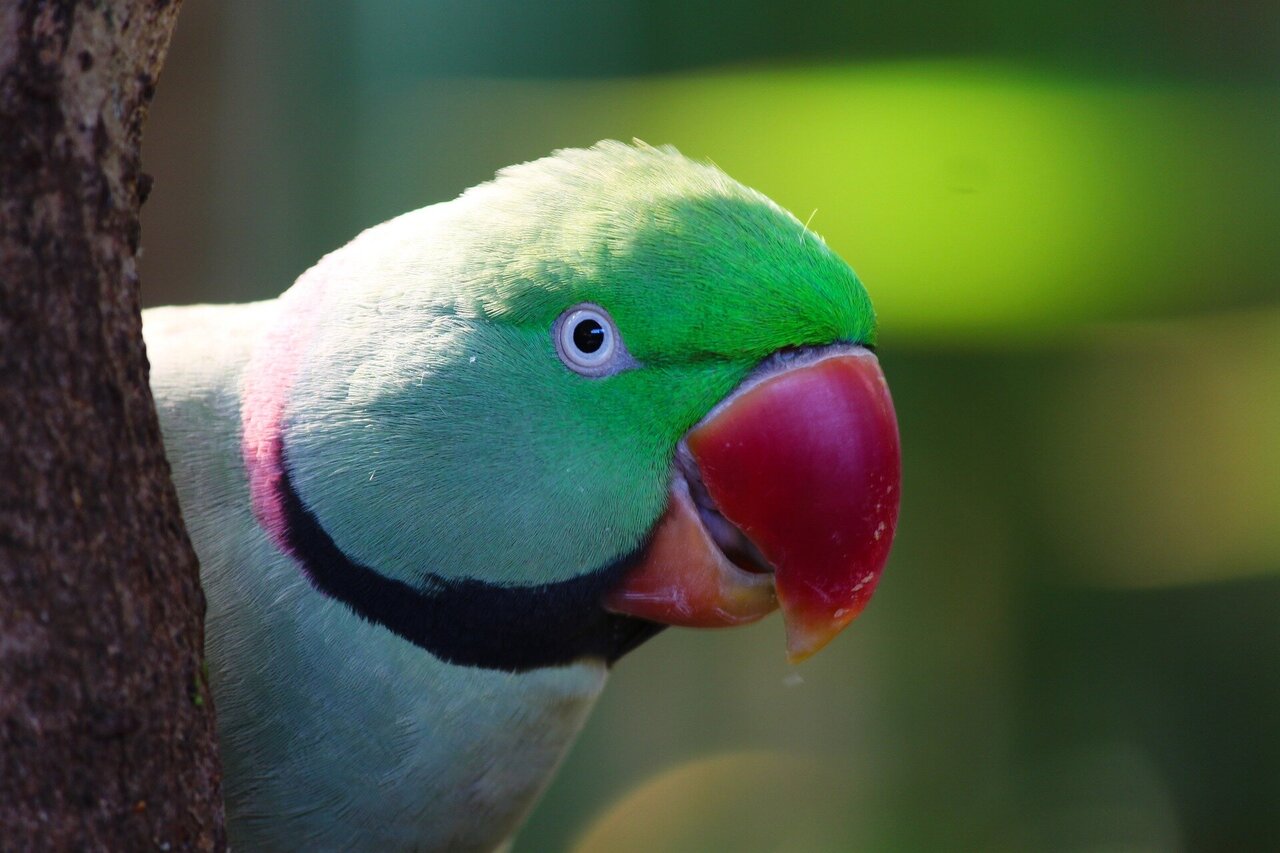
Cracking the Parrot Code: How Bird Babble Could Revolutionize Human Speech Therapy
2025-03-19 16:00:18
Science
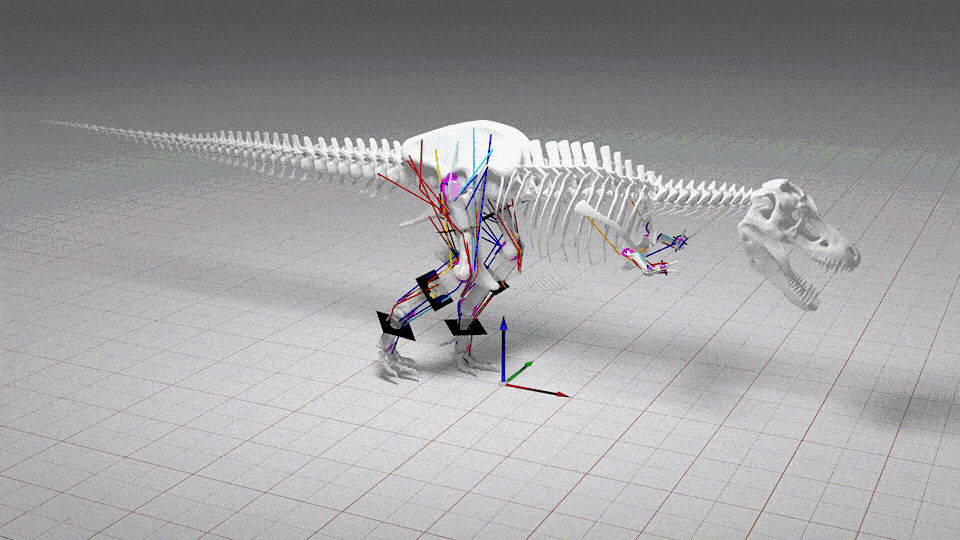
Speed Demons of the Prehistoric World: Unraveling the Fastest Dinosaur Ever Recorded
2025-04-28 09:00:00
